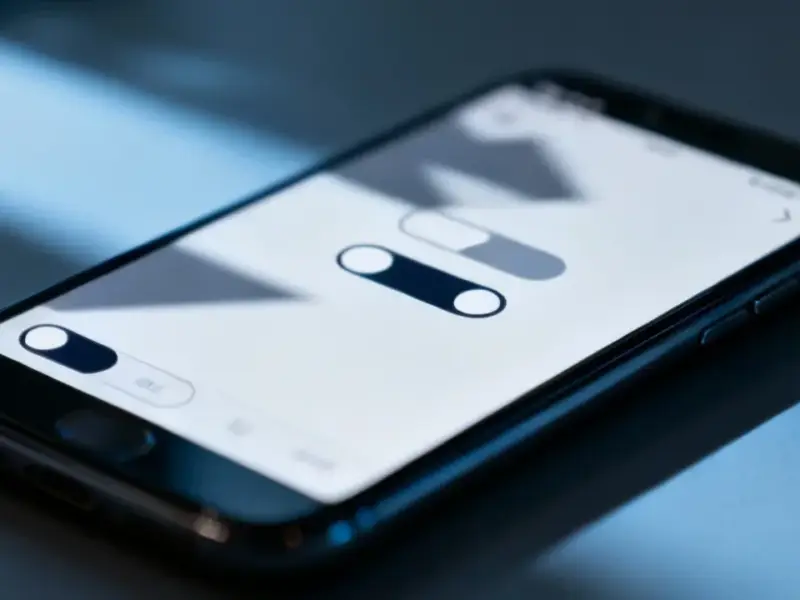According to Ars Technica, education technology company Proctorio has settled its five-year lawsuit against University of British Columbia librarian Ian Linkletter, who faced copyright claims after sharing seven tweets in 2020 that linked to Proctorio’s public YouTube videos. The legal battle began when Linkletter, then a learning technology specialist with fewer than 1,000 followers, shared videos showing how Proctorio’s AI proctoring tool flagged student behaviors, tracked eye movements, and scanned rooms. Proctorio obtained a temporary injunction by falsely claiming Linkletter shared private videos, though court testimony later revealed the company’s marketing head admitted this was a “mistake” or “typo.” The settlement makes that injunction permanent but allows Linkletter to continue criticizing Proctorio, with no money exchanged between parties after Linkletter spent his life savings “ten times over” on legal defense.
The real target was criticism, not copyright
Here’s the thing about this case – it was never really about those YouTube videos. Linkletter’s legal team discovered that many parties, including UBC itself, had shared the same public videos. Proctorio only went after one person: the critic who was calling out their CEO for publicly posting a student’s private chat logs on Reddit. The timing is just too convenient. Basically, Linkletter started tweeting right after Proctorio’s CEO Mike Olsen got into that messy public fight with a student critic. The company went nuclear over some help center videos that they could have simply asked him to take down. Instead, they deleted their own support resources and sued him. That doesn’t sound like a company protecting intellectual property – that sounds like a company trying to make an example of someone.
When surveillance companies don’t understand privacy
There’s something deeply ironic about a surveillance company that supposedly monitors students’ every move not understanding how YouTube privacy settings work. Proctorio’s former head of marketing John Devoy testified that he made a “mistake” when he swore under oath that Linkletter shared private videos. Even a child understands the difference between public and private YouTube channels. So how are we supposed to trust a company with sophisticated student monitoring technology when their own executives can’t figure out basic digital privacy settings? This is the same company that wants universities to trust their AI to flag “suspicious” behavior during exams. If they can’t even manage their own YouTube channel properly, what does that say about their ability to handle sensitive student data?
The human cost of legal bullying
Linkletter isn’t the only person Proctorio has targeted. The company also went after Erik Johnson, an 18-year-old college freshman who shared one of Linkletter’s screenshots. Johnson faced similar legal pressure until he settled. Both cases follow a pattern: find critics, hit them with every legal weapon available, and hope they crack under the pressure and financial strain. Linkletter literally spent his life savings defending himself. He had to rely on GoFundMe campaigns and eventually pro bono legal help from Norton Rose Fulbright. That’s how these corporate legal strategies work – they don’t need to win in court, they just need to make defending yourself so expensive that you give up. And it worked to some extent. Linkletter admits that the lawsuit had a “chilling effect” where people became scared to even write the word “Proctorio.”
Proctorio’s fading relevance
The funny thing about this whole five-year legal saga? Proctorio might have won the injunction, but they’ve been losing everywhere else. UBC dropped Proctorio in 2021 citing “ethical concerns.” Other schools followed suit after student backlash led to schools abandoning the software. The Electronic Frontier Foundation has been tracking Proctorio’s questionable legal tactics for years. Meanwhile, researchers have documented serious issues with algorithmic proctoring in higher education, including privacy violations and biased AI. The company’s CEO even had to apologize for posting student chat logs back in 2020. So while Proctorio claims victory in this settlement, the reality is they’ve become a cautionary tale about how not to handle criticism in the digital age.




